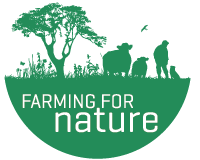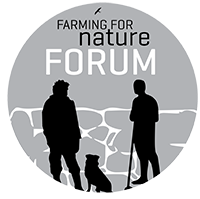Including and enhancing nature on your farm is a journey for everyone no matter what your land type or farming system. It doesn’t have to come at a cost to the farmer and in most cases enhances the farm, the farmer’s pocket and the local environment. To help farmers to explore this more, we have put together a number of resources to help. See below.
For more information on how to farm for nature, search by
WHERE TO START SECTOR HABITAT SEASON FAQS
FURTHER RESOURCES EMAIL US ANY SUGGESTIONS

